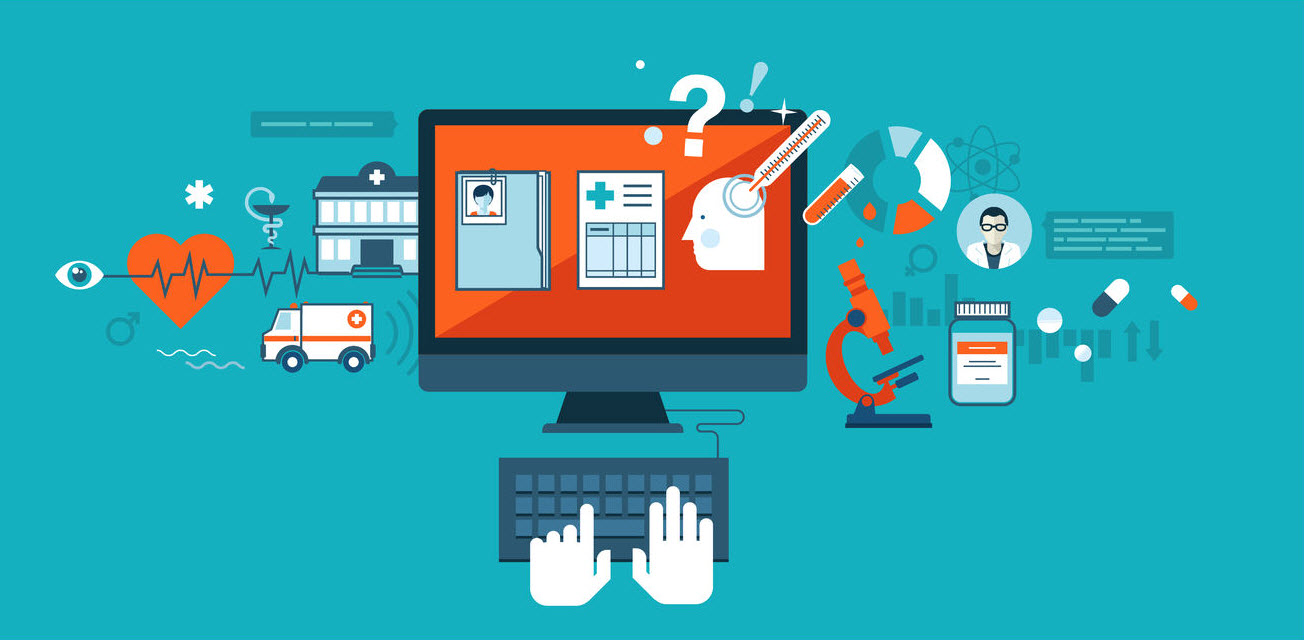Modern Approaches to Improving CME Outcomes

As you design your CME, you may wonder if you’re doing everything right for your learners. You have the courses prepared, but you have that nagging feeling that something might be missing.
If this sounds like your situation, have you considered bringing adult learning theory and other new ideas into the mix?
As a CME director, you want to continuously improve the quality of your CME activities. But in order to do so, you need to determine if the approaches you’re using are actually improving your CME’s outcomes for successful learners, which in turn translates into better outcomes for their patients.
In this blog post, we’ll share some helpful modern approaches to improving CME outcomes when you use adult learning theory as well as what to do when you design your CME courses.
Getting It Right the First Time?
Is there anything holding you back from using modern approaches to improving CME outcomes?
If you’ve thought about introducing adult learning theory into your CME, then you’ve come to the right place. Among the modern methods of developing CME content, this comes in the form of adult learning theories. While there are a number of methods, we’ll examine several that are actively used.
Andragogy
Developed by educator Malcolm Knowles, andragogy addresses several principles as to how adults learn. Your content development work comes into the picture when you approach adult learning through modern approaches to improving CME outcomes.
- Create learning experiences that provide minimal instruction and maximum autonomy for your learners. They acquire new information and build upon their current knowledge if you supply them with the ability to study new topics and do so by themselves.
- Provide your learners with content that dictates the fact that they are mature and have built more life experiences. They possess larger knowledge bases, and when compared to one another, form a diverse group with varied backgrounds and skill sets.
- Use online collaboration tools and platforms such as LinkedIn to enable learners to share similar interests and offer their own learning experiences.
- Explain how the content that supplies will solve immediate problems and answer their questions of “why” and “when”, meaning that they want to acquire specific knowledge to solve problems that are occurring right there and then.
- Provide your learners with logical reasons for each CME course. They need to approach the content motivated; it will be in your onus to supply them with a reason that the information will help them gain new knowledge.
- Create activities that encourage your learners to explore your subject matter. Doing so enables them to use their own ways to learn the materials to solve their problems. This permits significant learning.
- Give your learners the chance to steer away from antiquated learning methods such as memorization. They want your content to give them the opportunity to absorb and retain information where they can increase their knowledge in a subject area.
Cognitivism
Cognitivism attempts to explain adult learning through information you provide. Learners develop problem solving skills that in turn motivate them to learn more, resulting in better outcomes.
Constructivism
Constructivism refers to an adult learning theory whereby learners absorb new knowledge through the use of research and analysis of specific topics. They enter this environment already being aware of learning the subject matter; however, if they find that mistakes in their previous knowledge exist, then they will correct those mistakes.
Experiential
As another of the modern approaches to improving CME outcomes, experiential learning is essential to adult learners because it enables them to take action when they learn by doing. They reflect on their experiences which helps them compare to those in the past. In an experiential setting, groups of learners can share their experiences with new information with one another and use this knowledge to advance the new knowledge.
Self-directed learning
You may have learners who want control over their learning. They want to drive access to their information on their own time, especially when work and family commitments are at the forefront.. Self-directed learners do best when their educational materials are located online—like being integrated in your learning management system (LMS)—that hosts content such as articles, webinars, podcasts, and other interactive content.
For example, you may consider an activity on the immune condition known as common variable immunodeficiency (CVID). Your goal is to teach your learners how to distinguish the symptoms of CVID from that of other immune conditions as well as what antibody levels are critical in order to treat this disease. Offer pre- and post assessments to determine what knowledge your learners already have on board.
Getting Out of the Box? Using Technology to Get You There
So it’s time to see the forest for the trees. The last thing you want is a poor outcome for your CME. You’ve already decided that leveraging adult learning theories is the way to go but how do you incorporate that?
Using a web-based learning management system (LMS) helps you with your content creation, resulting in learning materials that address various adult learning styles. Coupled with the addition of multiple adult learning theories, your CME outcomes will be increased, so your learners are engaged no matter what their learning styles or needs may be.
What type of LMS should you look for? Look to one that is an enterprise-grade platform that offers interactive formats. EthosCE addresses adult learning theories through the use of videos such as livestreaming videos, audio, and enduring materials. EthosCE will provide you with the ability to produce:
- Self-hosted videos for assessments
- Third party video integration from websites like YouTube
- Interactive webinars
- Livestreaming from seminars and annual meetings, among other events and activities
- Downloadable activities
- Podcasts
- Enduring materials
To learn more about the ways EthosCE can help your CME program, schedule a free 1-on-1 demo with one of our specialists today!
